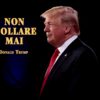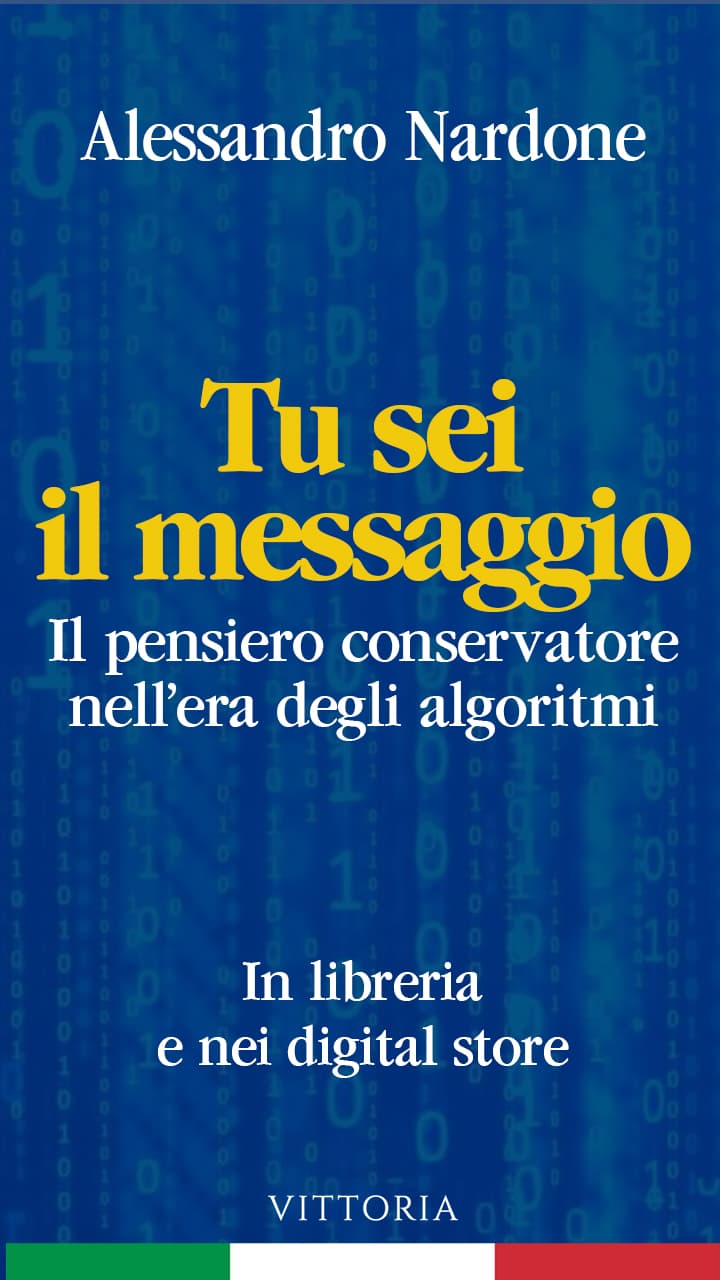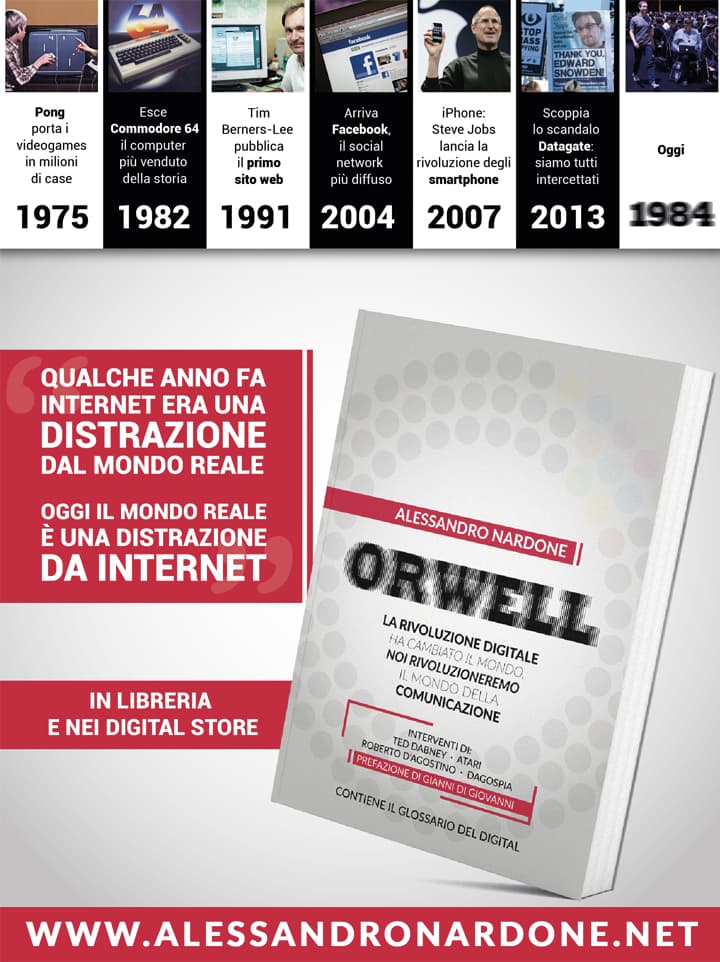1 – The Ministry of Truth may request that the Party to provide information reasonably needed for deliberations in a timely and transparent way;
2 – The Ministry of Truth will have to interpret the Party Community Standards and other relevant policies (collectively referred to as “content policies”) in light of the articulated values of the Party;
3 – Recommend to the Party to allow or remove contents;
4 – Recommend to the Party to defend or overturn a decision taken on the contents;
5 – Issue timely written explanations about Party decisions;
Furthermore, the Ministry of Truth can provide political guidance, specific to a decision on the case or at the request of the Party, on the policies on Party content. The Ministry of Truth will have no authority nor powers besides the ones expressly defined by this Chart.
No, what you have just read is not a passage from 1984 that you forgot, but these are the “5 powers” that Facebook gave to the Oversight Board, the Supervisory Board that will have to process the “complains” of those who believe they are victims of the Menlo Park social network’s censorship. Personally, I have only had fun replacing the Board with the Ministry of Truth and Facebook with the Party, while the rest is all true, as you can verify yourself on page 5 of the chart, a document in which the tracks the Board’s action perimeter.
We’ve already talked a lot about the arbitrary criteria adopted by Facebook in order to decide who and what to delete from the platform, highlighting the absolute inscrutability of the standards behind these decisions, placing them in a sort of gray zone where only one rule seems to exist: Facebook decides and doesn’t have to give you any explanations.
However, the clamour raised by the censors especially in the United States made Zuckerberg perk up his ears, certainly worried about Trump’s very strong positions: he clearly stated that the platforms which violate the freedom of speech and opinion sanctioned by the Constitution take an high risk: from very heavy penalties to the definitive closure.
So, here you have the Surveillance Commission, a sort of special court to whom will appeal those who have been deleted from the platform, seeking and hoping for justice. An international “institution” (which will process requests from all over the world, ed) which, when fully implemented, will count on 40 “independent” members whose origin and selection criteria are still unknown. According to the elements we know and evaluating the what Facebook writes using the same not clear language of its “Terms of use”, we can just observe that 40 members seem us too little to evaluate cases from every corner of the globe, and yet Mark Zuckerberg has not yet explained us who decides whether an opinion is good or should be canceled and why.
Issues that need the maximum clarity, since Facebook has such a large number of subscribers and a very important social role, even heavier than the other traditional media, because it is more private.
It is up to governments to intervene so that Facebook may offer freedom of opinion to anyone, because if we add to what they are induce us to see the things that they hide us, so we’ll understand what boundless power they exercise on our opinions and our consciences.





























